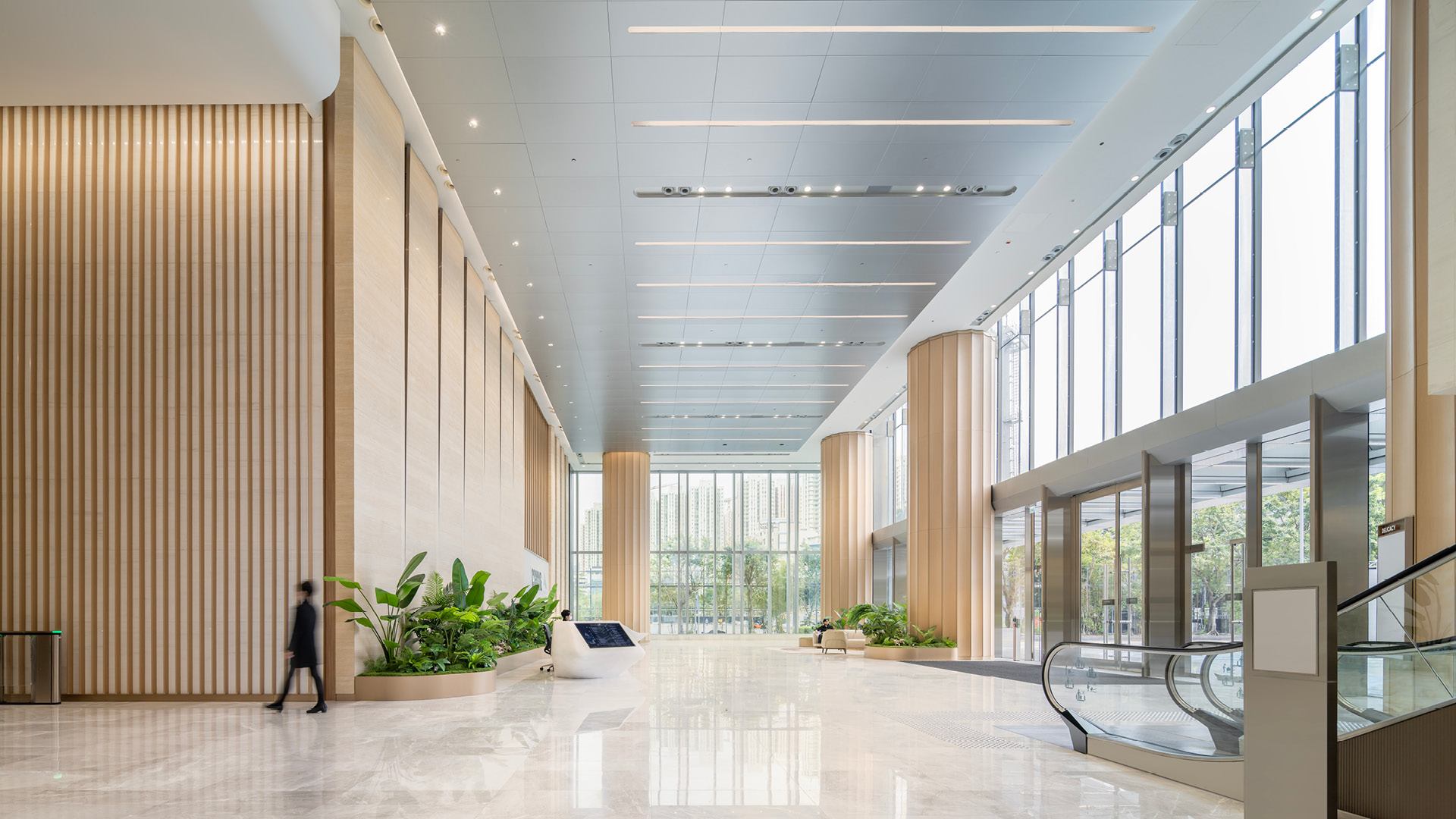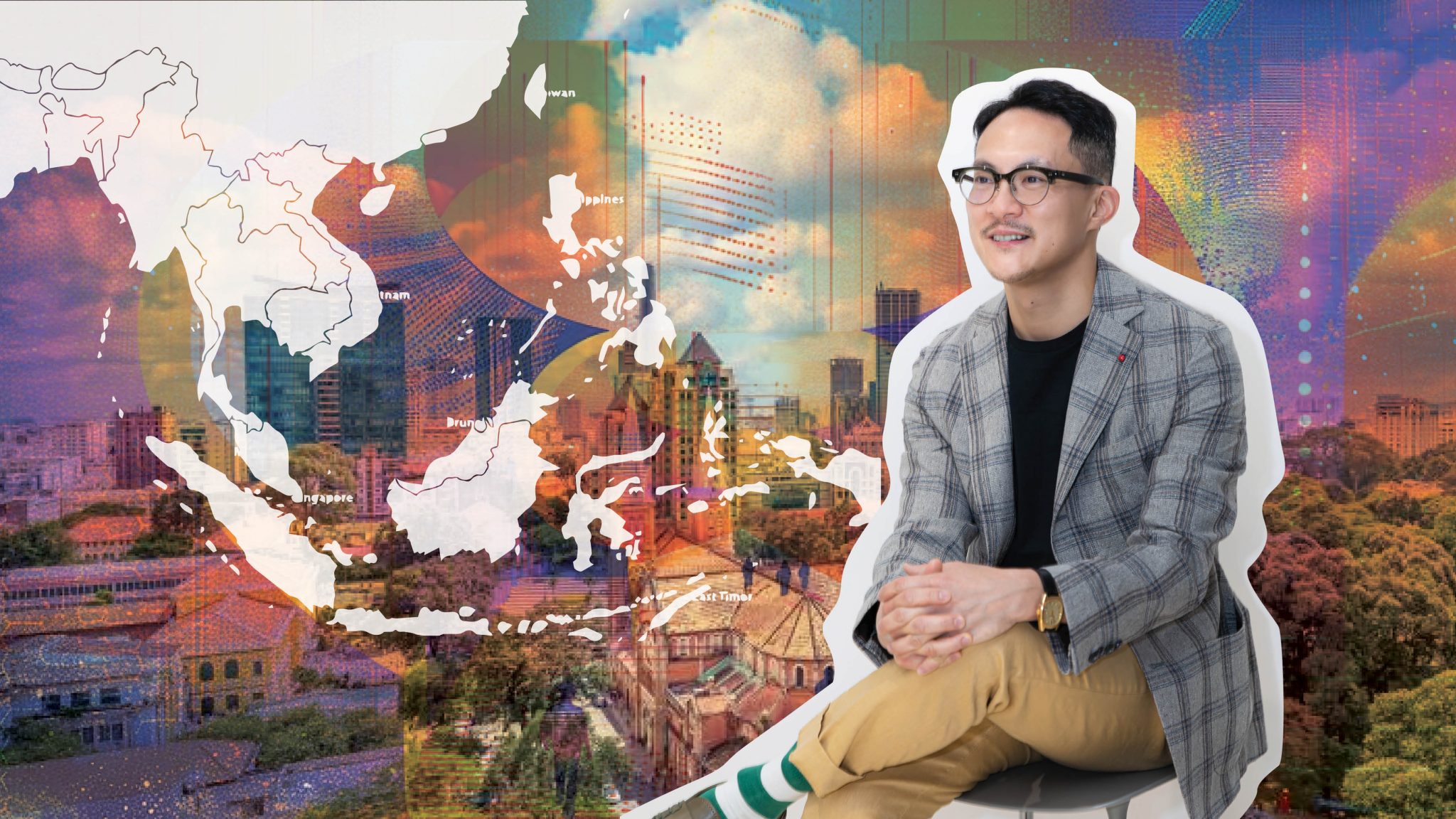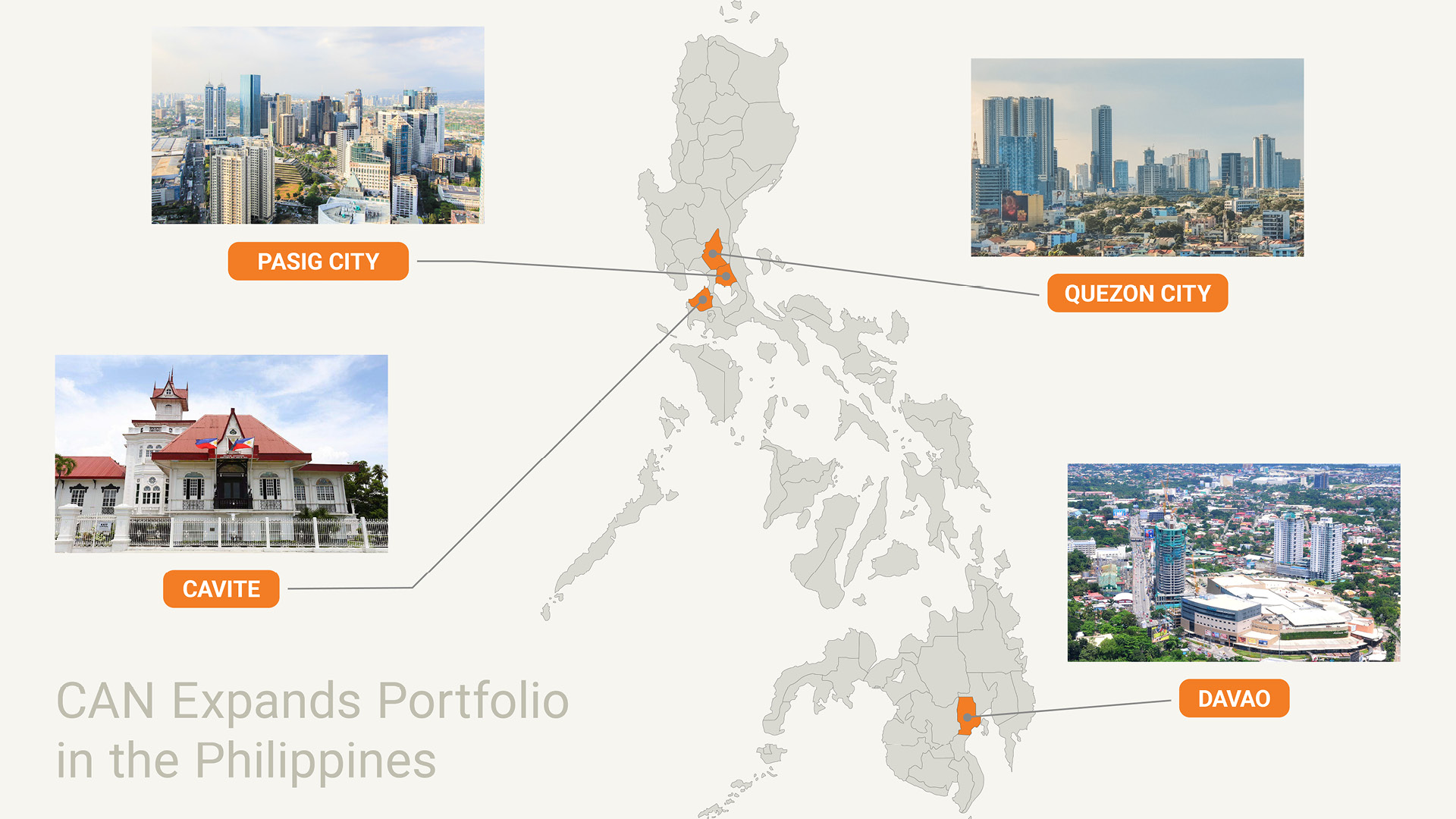

Over the past year, CAN has strategically expanded into emerging markets in Southeast Asia, South Asia, and East Africa. Today, we sit down with CAN’s Managing Director Stephen Chow to gain insights into this exciting phase of growth, exploring the nuances of international design strategy.
Q: With over 15 years in the Southeast and South Asian markets, how has your journey shaped CAN’s approach in these regions?
SC: It’s been a fascinating journey. As a designer, my goal has always been to deeply immerse myself in and extract the distinct cultural elements of each locale to infuse them into our designs. This is why we emphasize the importance of fully understanding local culture before embarking on any design project.
Take, for instance, Shibuya PARCO in Tokyo, one of the iconic projects during my tenure in the former international architectural firm. Faced with a compact site and a need for expansive commercial space, we drew inspiration from the adjacent park, Tokyo’s urban oasis. The spiraling façade with an outdoor ramp blends shopping with nature’s views, turning a routine mall visit into an immersive experience.
Now, at CAN, our design team, with its extensive international experience, brings a wealth of knowledge and a broad perspective to every project. Balancing our global experience with local understanding is key. Each project is a unique narrative, deeply rooted in its cultural context.
Q: In terms of retail trends, particularly in the Philippines and India, how have you observed their evolution, and what impact has this had on your design approach in these markets?
SC: The retail landscape in both the Philippines and India has undergone significant evolution, reflecting the unique socio-economic dynamics of each region. This transformation has profoundly influenced our architectural approach in these markets.
In the Philippines, there has been extensive renovation of malls and a noticeable shift towards experiential retail. The focus is on creating spaces that offer more than just shopping. They are about experiences that engage and entertain. This has led us to design retail spaces that are not just functional but also interactive, integrating elements like open spaces, leisure zones, and local cultural motifs. For instance, incorporating natural elements and vibrant communal areas has become a key aspect, resonating with the Filipino love for social gatherings and outdoor activities.

India, on the other hand, presents a fascinating blend of traditional and modern retail formats. The rapid urbanization and digital penetration have given rise to modern, organized retail spaces. We focus on creating designs that respect and reflect the rich heritage and diversity of Indian culture, while also embedding modern amenities and technology.
We’ve worked closely with leading developers like Ayala Land and Oberoi Realty. The dynamic markets in these regions have allowed us to innovate and adapt, especially in retail and shopping mall designs.

Q: Can you tell us about some of CAN’s recent projects in these regions?
SC: Certainly. A notable project is the Oberoi SKY CITY in India, scheduled for completion in Q4 2024. This project introduces an ultra-modern mall, the first of its kind in Borivali, India. It aims to provide a world-class living experience where residents can mingle within a discerning community and immerse themselves in the finest luxury. The six-story retail mall serves as the centerpiece of this integrated mixed-use development, which spans a 25-acre land parcel and includes residential towers, a shopping mall, and a five-star hotel.
In the Philippines, we have several significant projects underway in Metro Manila, Cavite, and Davao. Spanning various sectors and disciplines, CAN has been appointed to deliver the master planning and branding design for a mixed-use development in Pasig, covering offices, residences, hotels, and retail. We are also the interior designers for an extensive retail renovation in Quezon City and are overseeing a new lifestyle mall project in Cavite. In Davao, CAN will provide the architectural and interior design for the expansion of a premier shopping hub.
And we are excited to expand into the East Africa market, responsible for a retail mall extension for a leading real estate company in the region. We look forward to sharing more details in the future.
Q: Can you share any insights into CAN’s future expansion plans in the region?
Stephen: Looking ahead, we are enthusiastic about the array of projects we have lined up in Southeast Asia, with several key developments slated for completion in 2024. These projects represent a significant expansion of CAN’s portfolio in the region and are eagerly anticipated. Our team’s cultural sensitivity is a key strength, enabling us to design spaces that are not only innovative but also deeply respectful and reflective of local cultures and traditions. This sensitivity is instrumental in crafting spaces that are not merely places of commerce but are woven into the fabric of the community. We are excited about further strengthening our presence in the region, which will mark a new chapter in CAN’s journey.

